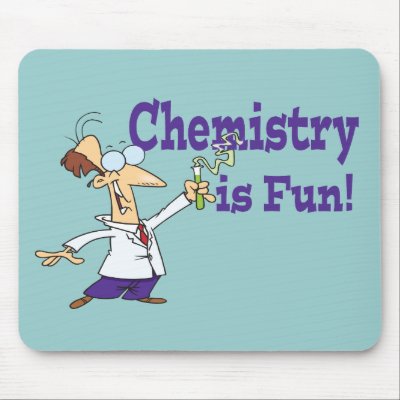There is no 'magic formula' for learning chemistry. Basically it involves not getting behind, doing your own work, and not psyching yourself out:
Don't procrastinate!
Cramming does not equal learning. Take it from someone with experience: if you wait until the night before a test to start studying you will suffer, your grades will suffer, etc. It's worth repeating! In chemistry you build from one concept onto the next. You need a solid knowledge base to progress.
Try Flash Cards
Hey, they are used in elementary and primary school because FLASHCARDS WORK. Some of the information gets learned while making the cards and the rest can be learned during practice. You get to switch around the order in which you view topics, which is something most notebooks don't provide. Get some index cards and give it a try!
Try a Highlighter
Use it judiciously. The goal is not to turn your book or notes fluorescent. Most texts already have important concepts in bold typeface. Unless your teacher is very unusual, he or she will almost always mention likely test questions, answers, and concepts. Highlight them! Some teachers take questions from a test bank, but those who write their own are usually keeping a mental tally of concepts while teaching.
Make Mnemonic Devices
What you are doing here is taking the first letters of words in a sequence you are trying to memorize and making a phrase from them to serve as a memory aid. Example: the sequence of the first few elements in the periodic table H, He, Li, Be, B, C, N, O, F, Ne could be (well, the one that came to my mind was actually dirty, which is easier to remember) Hi Henry, Lookin' Big, Bad, Certainly Nasty, Old Friend - Not! Ok, it isn't great literature. One popular mnemonic device is for metric prefixes: Kilo- Hecto- Deca- Meter (liter, gram) deci- centi- milli- Kangaroos Hopping Down Mountains Drinking Chocolate Milk. Also, such phrases are even easier to memorize if you put them to music.

